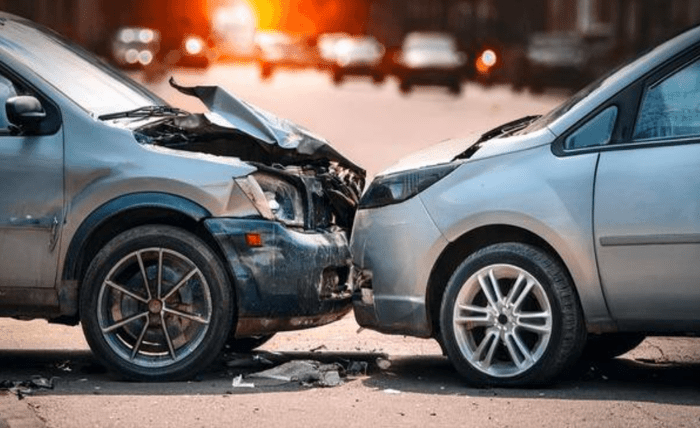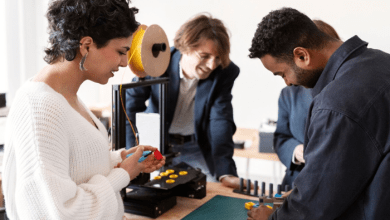
Car accidents can be chaotic and stressful, making it challenging to identify exactly what happened. In these situations, witness statements can be invaluable. They provide an independent account of the incident that helps clarify the facts.
Understanding the role of witnesses in car accidents is crucial because their testimony can significantly strengthen your case by offering an unbiased perspective that neither party involved in the crash can provide.
Why Witness Statements Matter
Witnesses who saw the accident unfold can illuminate the events leading up to the collision. They may describe the drivers’ behavior, traffic signals, road conditions, or weather.
This information can confirm or challenge the accounts given by the drivers involved. A witness’s neutral observation is often more reliable since drivers might be biased or have incomplete memories due to shock or injury.
When a witness statement aligns with your version of events, it adds credibility and can help establish liability. Conversely, if a witness contradicts the other party’s story, it can cast doubt on their claims and shift responsibility.
This impartial perspective is essential for a fair determination of fault and can prevent insurance companies from unfairly denying or reducing your compensation.
Types of Witnesses and Their Contributions
Different witnesses bring different strengths to a car accident case:
- Eyewitnesses: These are bystanders, other drivers, or pedestrians who directly saw the accident. They can provide details about traffic signals, vehicle speeds, and driver behavior that cameras or police reports might miss.
- Passengers: People in the vehicles involved can offer firsthand accounts of what occurred inside the cars, although their neutrality might be questioned.
- First Responders: Police officers, paramedics, and firefighters can testify about the scene, including road conditions, the severity of injuries, and initial observations that might not be recorded elsewhere.
- Expert Witnesses: Specialists such as accident reconstructionists or medical experts can analyze physical evidence or injury reports to explain how the accident happened and the extent of damages. Their testimony often clarifies complex technical points for judges or juries.
Impact on Liability and Compensation
Determining who is at fault is the cornerstone of any car accident claim. Witness statements can be decisive in this regard. For example, if a witness confirms that the other driver ran a red light or was speeding, their testimony can directly support your negligence claim.
This evidence makes it harder for the at-fault party or insurer to deny responsibility.
Witness accounts can also influence the amount of compensation you receive. A car accident lawyer can help gather and present these witness statements effectively. They may describe your pain, suffering, visible injuries, or the crash’s aftermath.
Such details help validate claims for medical expenses, lost wages, and emotional distress, which might otherwise be disputed.
Bottom Line
Witness statements play a vital role in clarifying the details of a car accident and establishing fault. Their independent perspective offers valuable support to the version of events you provide, which makes it easier to prove fault and secure appropriate compensation.
Collecting and preserving these accounts carefully ensures that your case is backed by credible evidence, which may influence the outcome. Recognizing the importance of witness testimony will enable you to handle your car accident case more confidently.



